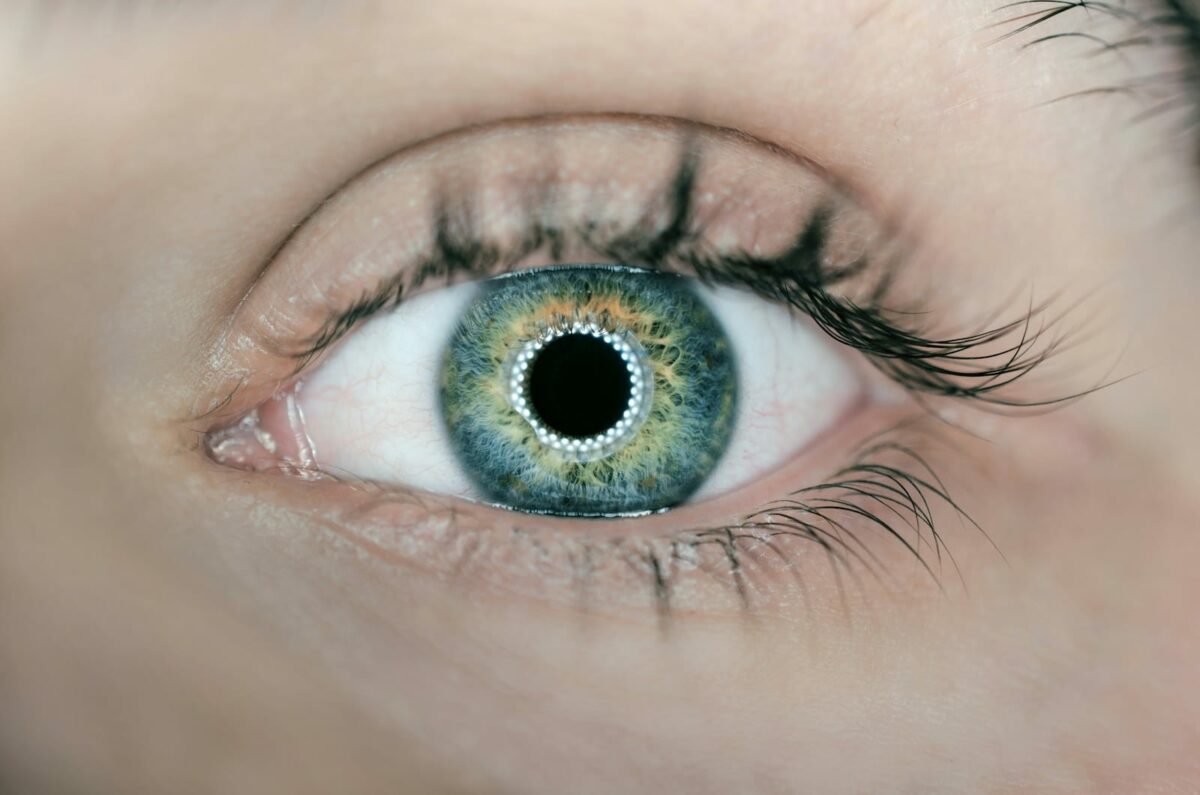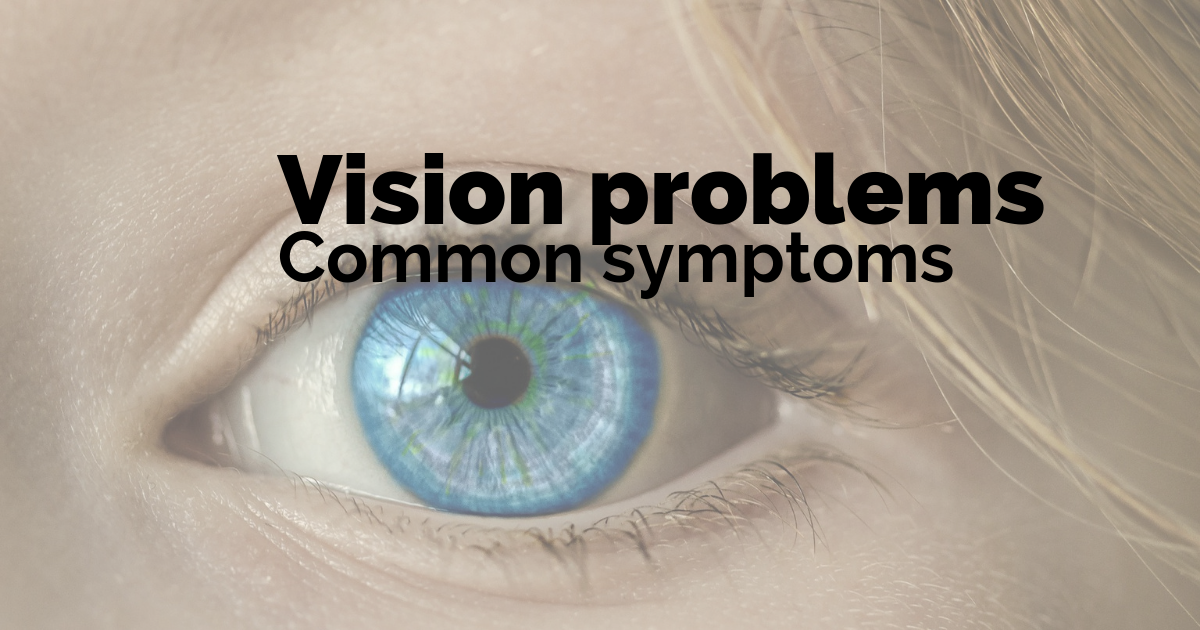Eye twitching, a phenomenon familiar to many, can be both intriguing and mildly bothersome. Whether experienced as a gentle flutter or a noticeable spasm, the involuntary twitching of the eye raises questions about its origins and potential implications. On a personal note I experience this once in a while so I thought I would share a little research with you my fellow Arlo Wolfers. Let’s delve into the common reasons behind this curious occurrence and explore when it might be a cause for concern.
What Are Normal Causes of Eye Twitching?
In most cases, eye twitching is a benign and self-limiting occurrence, often attributed to factors that can be easily addressed. Some common causes include:
- Fatigue: Exhaustion and lack of sleep can contribute to eye twitching. Prioritising a good night’s sleep may alleviate this transient symptom.
- Stress and Anxiety: Elevated stress levels or anxiety can manifest in various ways, including eye twitching. Incorporating stress-reduction techniques into daily life can help manage these triggers.
- Caffeine and Stimulants: Excessive consumption of caffeine or stimulants may lead to eye twitching. Moderating intake or adjusting consumption patterns may provide relief.
Nutritional Deficiencies
A lack of essential nutrients, such as magnesium, can contribute to eye twitching. Maintaining a balanced diet that includes magnesium-rich foods like leafy greens, nuts, and whole grains can address nutritional deficiencies and promote eye health.
Eye Strain
Prolonged periods of screen time or intense concentration can strain the eye muscles, resulting in twitching. Regular breaks, proper lighting, and the 20-20-20 rule (looking at something 20 feet away for 20 seconds every 20 minutes) can alleviate eye strain. We have written more about Eye Strain here.
When to Seek Medical Advice
While benign causes are common, persistent or severe eye twitching may warrant medical attention. Consultation with an optometrist or healthcare professional is advisable if:
- Twitching Persists for Weeks: If the eye twitching persists for an extended period, it may indicate an underlying issue that requires investigation.
- Accompanied by Other Symptoms: If eye twitching is accompanied by other concerning symptoms such as vision changes, pain, or facial spasms, seeking prompt medical advice is crucial.
- Involuntary Eye Closure: If the eye twitching progresses to involuntary eye closure or affects other facial muscles, it may be indicative of a neurological condition that requires evaluation.
Eye twitching, while often harmless, can be an intriguing puzzle to solve. Addressing lifestyle factors such as stress, fatigue, and nutritional imbalances can often alleviate the twitching. However, it’s essential to remain vigilant and seek professional advice if the symptoms persist or are accompanied by other concerning signs. Understanding the nuances of eye twitching empowers individuals to take proactive steps towards maintaining optimal eye health.

 Common symptoms of vision problems
Common symptoms of vision problems Can you make your eyesight better?
Can you make your eyesight better? Are Eye Drops Safe to Use?
Are Eye Drops Safe to Use? 10 tips for a better nights sleep
10 tips for a better nights sleep